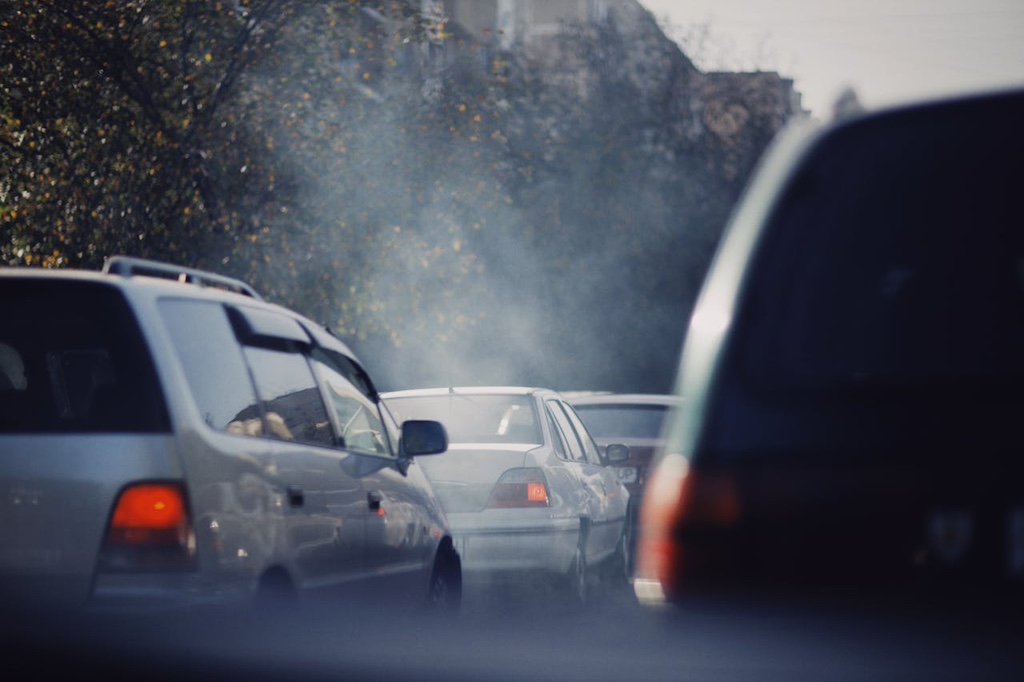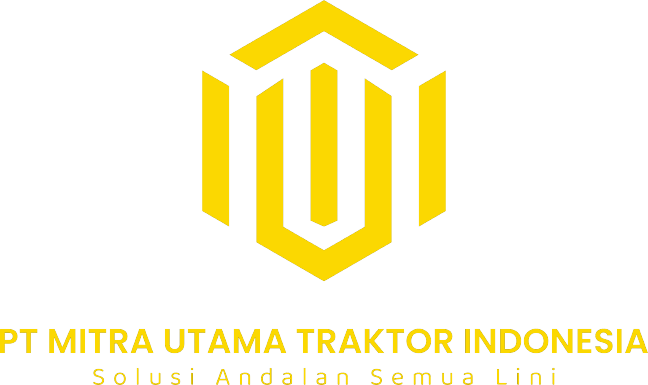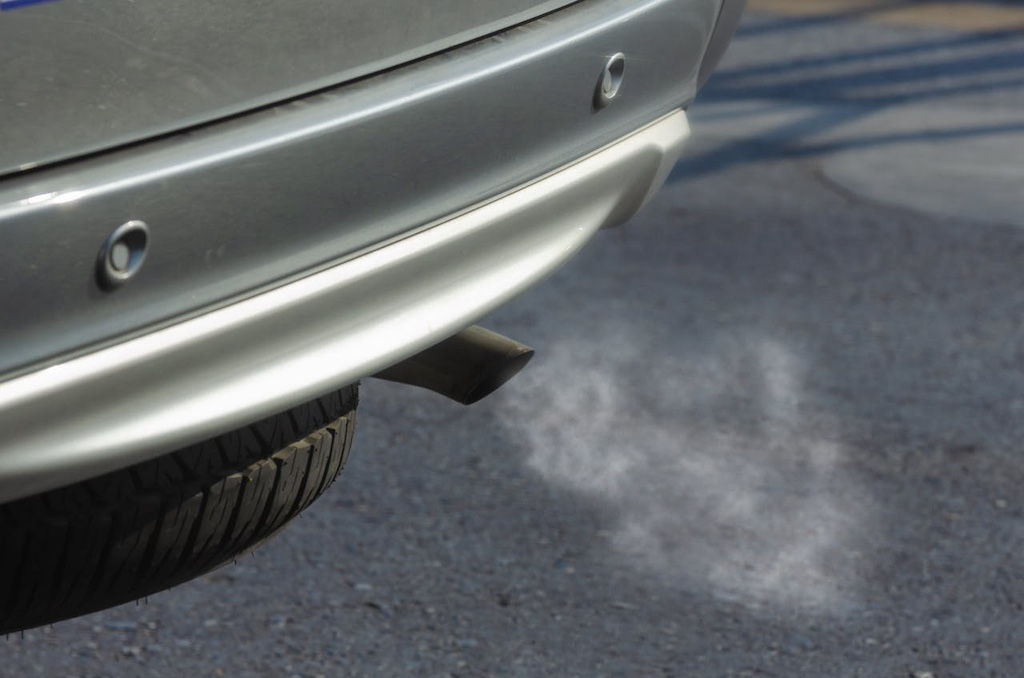Jakarta Tightens Emission Rules for Cleaner Air
Jakarta’s air quality has long been a concern at both national and international levels. As a metropolitan city with high motor vehicle activity, Jakarta often ranks among the world’s most polluted cities. This is especially true during dry seasons and prolonged periods of drought. Studies show transportation contributes nearly 44% of Jakarta’s air emissions, making it a key target for air quality improvement.
As part of environmental enforcement, Jakarta’s government now applies fines for vehicles failing emission tests. The fine can reach up to Rp15 million per violation. This policy was ratified by court decision and is officially in effect. It forms part of Jakarta’s mid-term pollution control strategy.
Jakarta’s Air Condition Demands Stricter Regulation
Authorities can no longer ignore the high concentrations of pollutants like PM2.5 and PM10 in Jakarta’s air. Data from IQAir and Jakarta’s Environmental Agency show AQI levels often reach unhealthy zones for vulnerable groups. In recent months, the index has frequently fallen into the “very unhealthy” category.
The rapid increase in private vehicle use and aging diesel-fueled vehicles worsen the situation. As a result, the local government has adopted a firmer approach, including the imposition of administrative sanctions intended to serve as a deterrent.
Through a court ruling in June 2025, vehicle owners—whether cars or motorcycles—who fail emission tests may be fined up to Rp15 million, in accordance with Indonesia’s Environmental Protection and Management Law (UU PPLH) and Jakarta Governor Regulation No. 66 of 2020.
Fine Details and Types of Emission Test Violations
This regulation is not applied arbitrarily but is based on monitoring and joint emission inspection operations carried out regularly by the Environmental Agency, the Transportation Agency, and the police. The enforcement process is structured through several stages:
- On-the-spot emissions inspection conducted on public roads or designated testing locations
- Issuance of an official inspection report (BAP) for vehicles that fail to meet emission standards
- Summons for a minor offense court hearing (tipiring) at the local courthouse
- Imposition of an administrative fine up to Rp15 million, depending on the judge’s decision
The types of violations subject to these sanctions include:
- Vehicles that have never undergone mandatory annual emission testing
- Vehicles that fail to meet the required exhaust emission thresholds
- Vehicles that are found to use falsified emission test documents
These sanctions apply to all vehicles operating in DKI Jakarta, regardless of whether they are registered locally or come from outside the city.

https://www.pexels.com/photo/cars-on-road-on-rush-hour-10658552/
Policy Effectiveness and Environmental Impact
The enforcement of this fine marks a progressive step in increasing public awareness about the importance of vehicle emissions and their impact on air quality. Since the policy’s implementation, there has been a significant increase in voluntary vehicle testing, along with a drop in violations during inspection operations.
The effects go beyond the legal sphere—there is also a measurable environmental benefit. Within the first three months of implementation, data from the DLH indicated a 12% reduction in PM2.5 concentrations at several ambient air monitoring stations across the city. This positive trend shows that a sanction-based approach can produce real environmental improvements.
However, challenges remain. These include limited testing infrastructure, a lack of widespread public knowledge, and technical difficulties in older vehicles. These issues must be addressed to ensure the policy reaches its full potential.
Clean Air is a Shared Right
The enforcement of a Rp15 million fine for emission test violators in Jakarta sends a clear message: the era of leniency toward air pollution is over. The local government is now prioritizing the right to clean air on par with the rights to health and a dignified life.
Citizens are expected not only to comply out of fear of fines but to understand their role in protecting the environment. An emission test is not just a technical requirement—it is a moral commitment to future generations. With firm policy backing, strong public education, and multi-stakeholder collaboration, Jakarta can become a major city that is clean, healthy, and sustainable. Let’s protect Jakarta’s air, starting with our vehicles.
Read other Articles: Failing the Emissions Test? Vehicles Risk Fines of Up to IDR 50 Million





